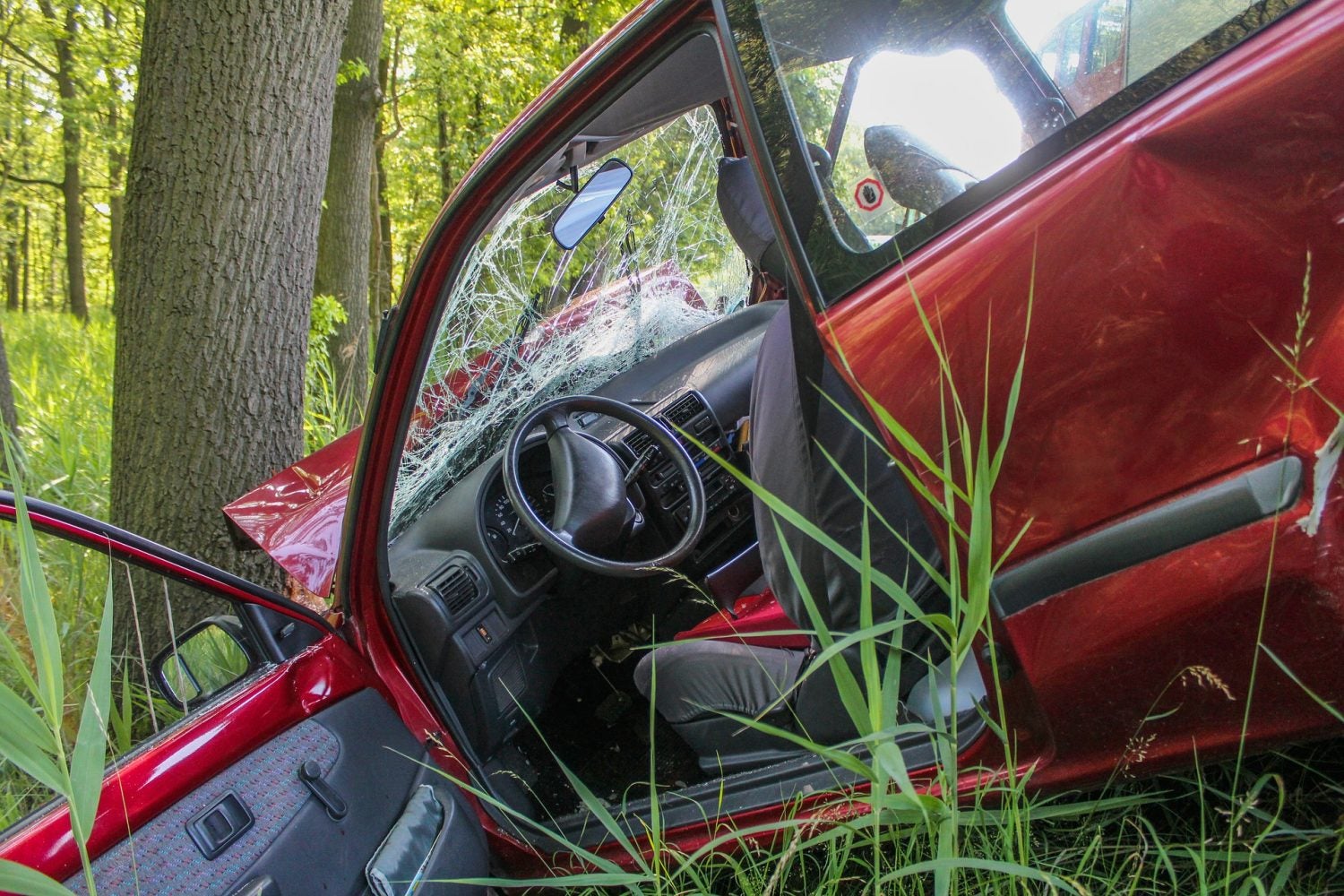Ridesharing apps like Lyft are revolutionizing the way people travel.
It works like this: you use the Lyft app to find a ride with a driver who is near to you. The driver then comes to pick you up and you can track the estimated time of arrival on the app.
While no one wants to be involved in an auto accident, Lyft accidents can happen. In which case, you need to know who is responsible.
Lyft Accidents: Injuries and Compensation
Accidents that involve Lyft vehicles can cause severe injuries to the passengers and others. Injuries like bone fractures, soft tissue injuries, spinal cord injuries, paralysis, and traumatic brain injuries are, unfortunately, only too common.
Like any other car accident that is not your fault, you can at least claim compensation to help you cover things like medical expenses, loss of earnings, and future loss of earnings.
However, Lyft accident cases can actually be difficult to settle and litigate due to complex legal and procedural challenges.
If you are involved in a Lyft accident, once you have seen a doctor to assess and treat your injuries, you should get in touch with a specialist Lyft car accident lawyer who can give you advice on your compensation options.
Who is responsible for a Lyft accident?
If you are a passenger in a Lyft vehicle, you will rarely be deemed liable because Lyft’s standard insurance policy includes liability insurance. But things get a little complicated because the insurance is split between the Lyft policy and the driver’s personal insurance policy.
So, if the driver’s insurer denies the claim due to the business exception clause, Lyft’s insurance should kick in, as long as the Lyft driver was at fault.
Lyft’s liability coverage has a maximum limit of $50,000 per person and $100,000 per accident, with a $25,000 maximum limit for property damage.
If a Lyft driver is involved in an accident in which another driver is at fault, that driver’s insurance policy applies via a third-party claim against the driver’s insurer. When the driver is not fully covered, a personal injury lawsuit can be the best course of action.
Lyft states that in the event of an accident, once a driver has accepted a ride or is transporting a passenger, if the driver is underinsured or uninsured, the fault for bodily injuries caused to the driver and passengers is the fault of the Lyft driver.
If the insurance policy of Lyft or the at-fault driver is not adequate to compensate injured parties, or if the insurance companies refuse to payout, the injured parties can pursue compensation by filing a lawsuit against Lyft.
Filing a lawsuit against Lyft is actually a rare occurrence. That is because Lyft’s insurance coverage typically provides adequate protection for passengers.
What should you do if you are involved in a Lyft accident?
If you are involved in a Lyft accident, you or someone else at the scene should call 911.
The next thing to address is your injuries. Even if you only have minor cuts and bruises, you need to get checked out by a medical professional. Some symptoms and injuries may not be apparent until days or even weeks after the accident.
If you are not too badly injured, you should speak to those involved in the accident, and the police and paramedics, to help increase your chances of a successful compensation claim later on.
For instance, it is important to ensure the statements of witnesses and people directly involved in the accident are accurate.
Then, as soon as you can, contact an accident lawyer to get advice on your compensation options.

















